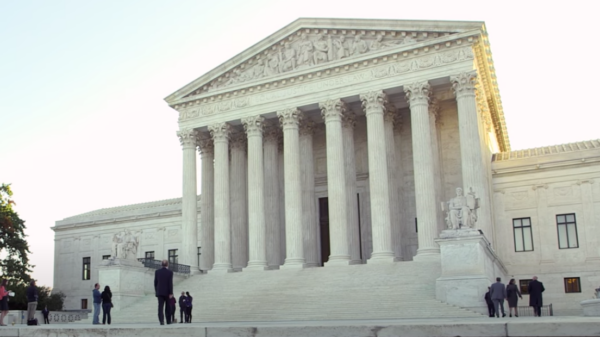Three years in prison
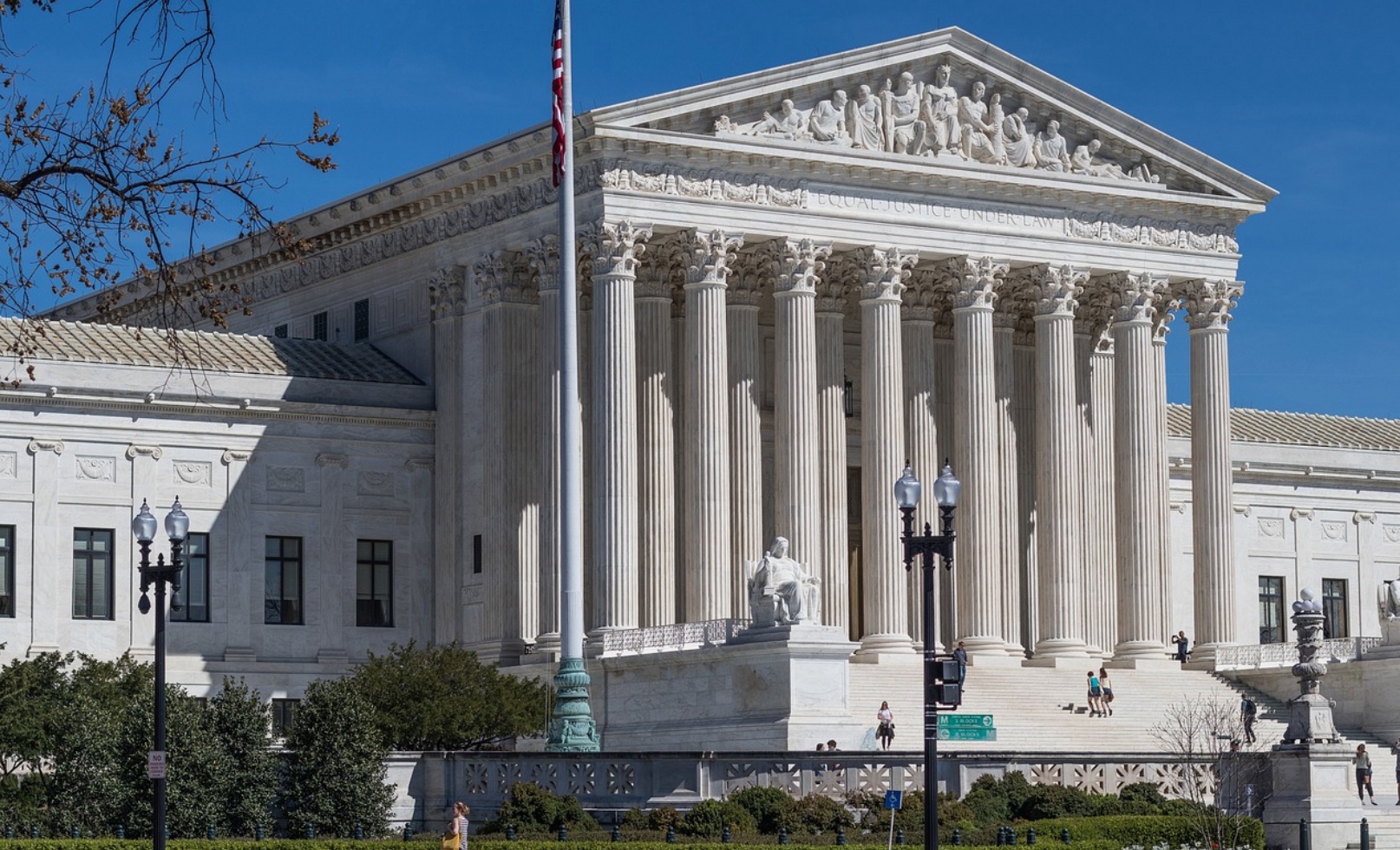
via pixabay
A man who was sentenced to three years in prison for his actions during the January 6, 2021 riot at the U.S. Capitol has been released by a federal judge. This decision came after the Supreme Court began reviewing a case that could impact not only his sentence but also those of many others involved in the riot.
Kevin Seefried
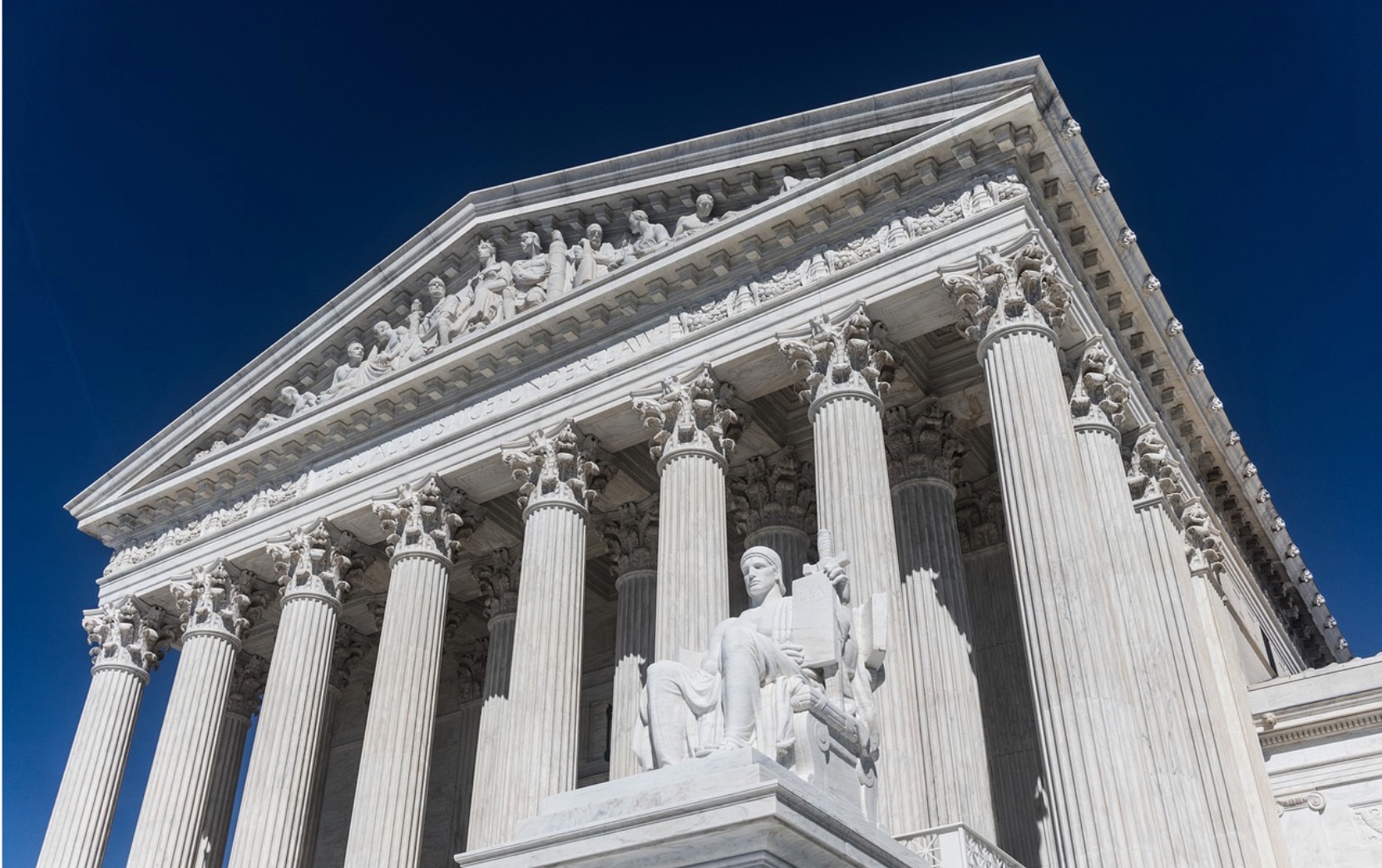
via pixabay
Kevin Seefried, from Laurel, Delaware, was convicted of a felony for obstructing an official proceeding and also received a 12-month and 6-month sentence for misdemeanor charges.
Famously photographed
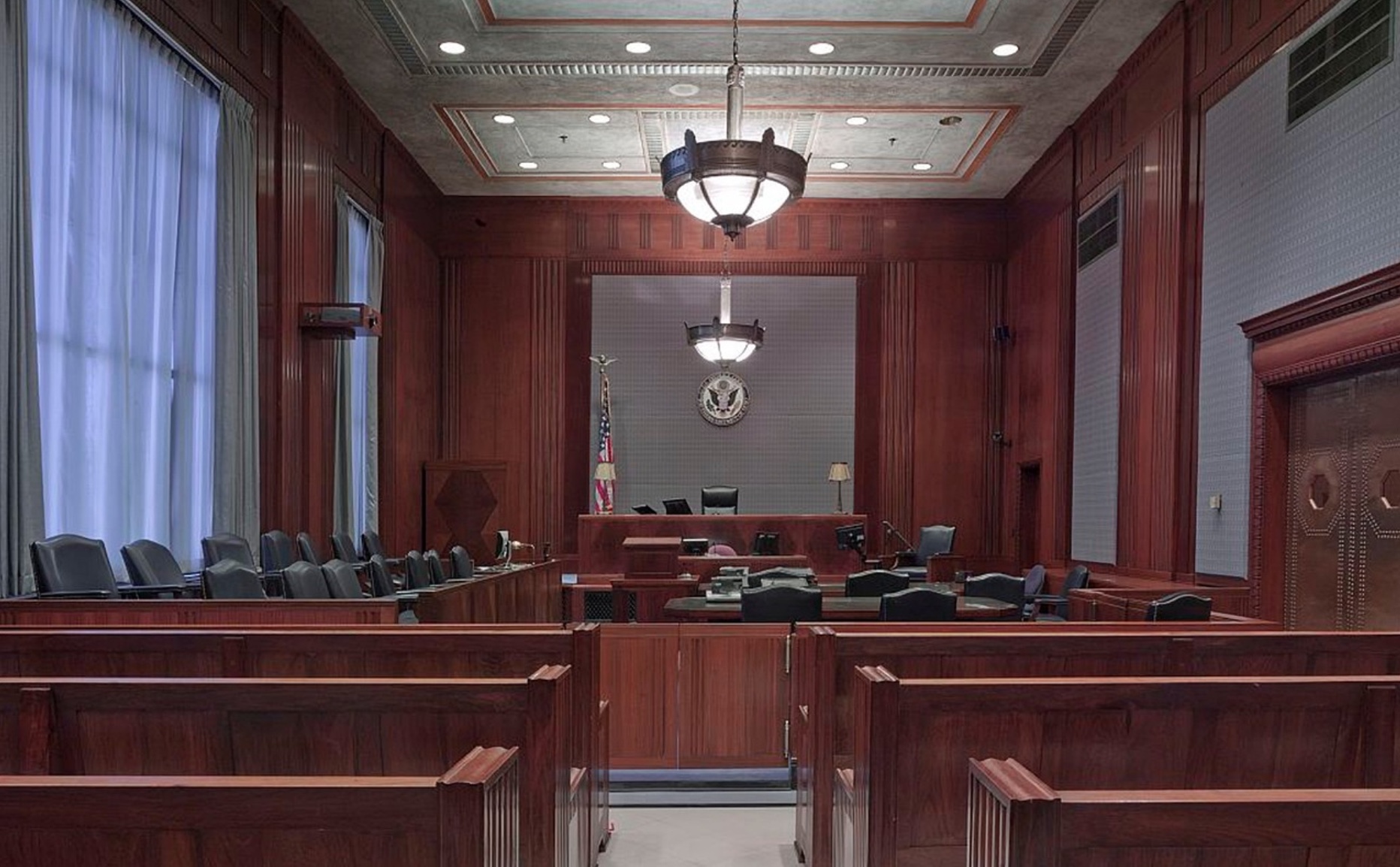
via pixabay
He and his son Hunter were among the first individuals to enter the Capitol during the insurrection, famously photographed carrying a Confederate flag inside.
Obstruction charge
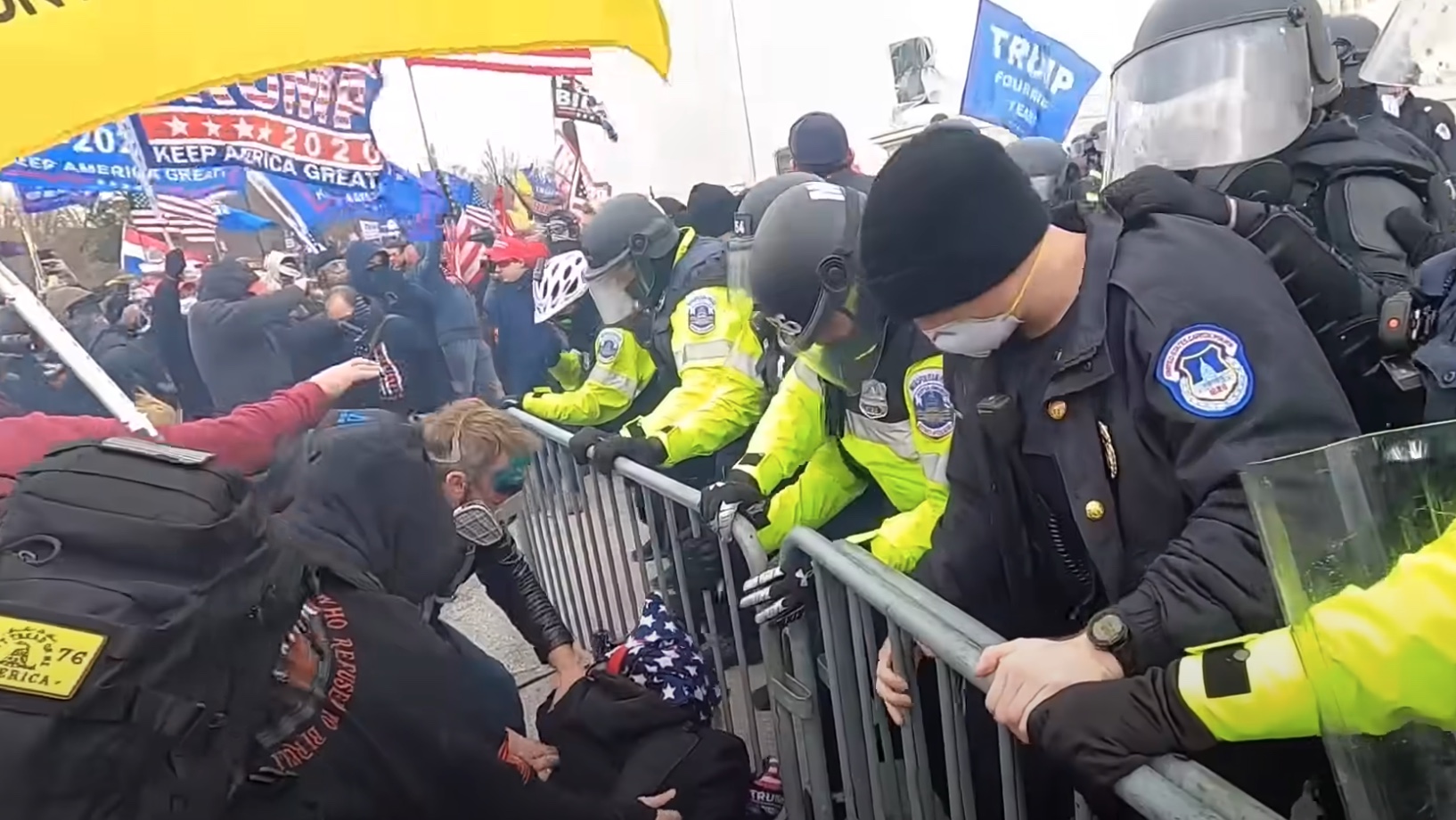
via Youtube
The Department of Justice has highlighted the obstruction charge as the key issue being examined by the Supreme Court in this case.
Fischer v. United States

via Youtube
In the legal case Fischer v. United States, there is a challenge to the Department of Justice’s use of the charge of “obstruction of an official proceeding” against defendants involved in the events of January 6.
Electoral College results

via Youtube
This charge is based on the accusation that they disrupted the certification of the Electoral College results.
Sought release
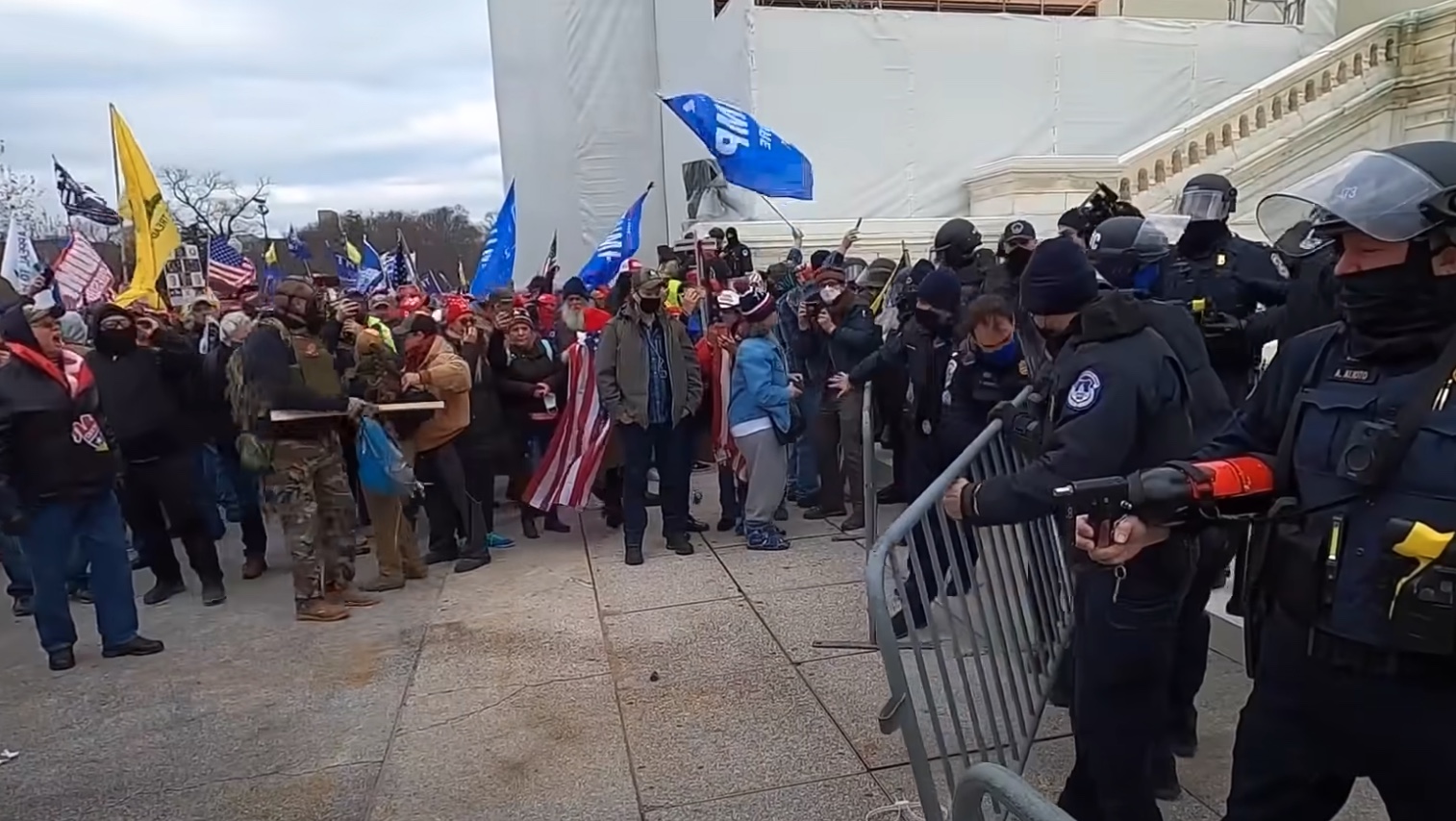
via Youtube
With the Supreme Court reviewing arguments in this case, some defendants have sought release until a final decision is made.
Judge Trevor McFadden
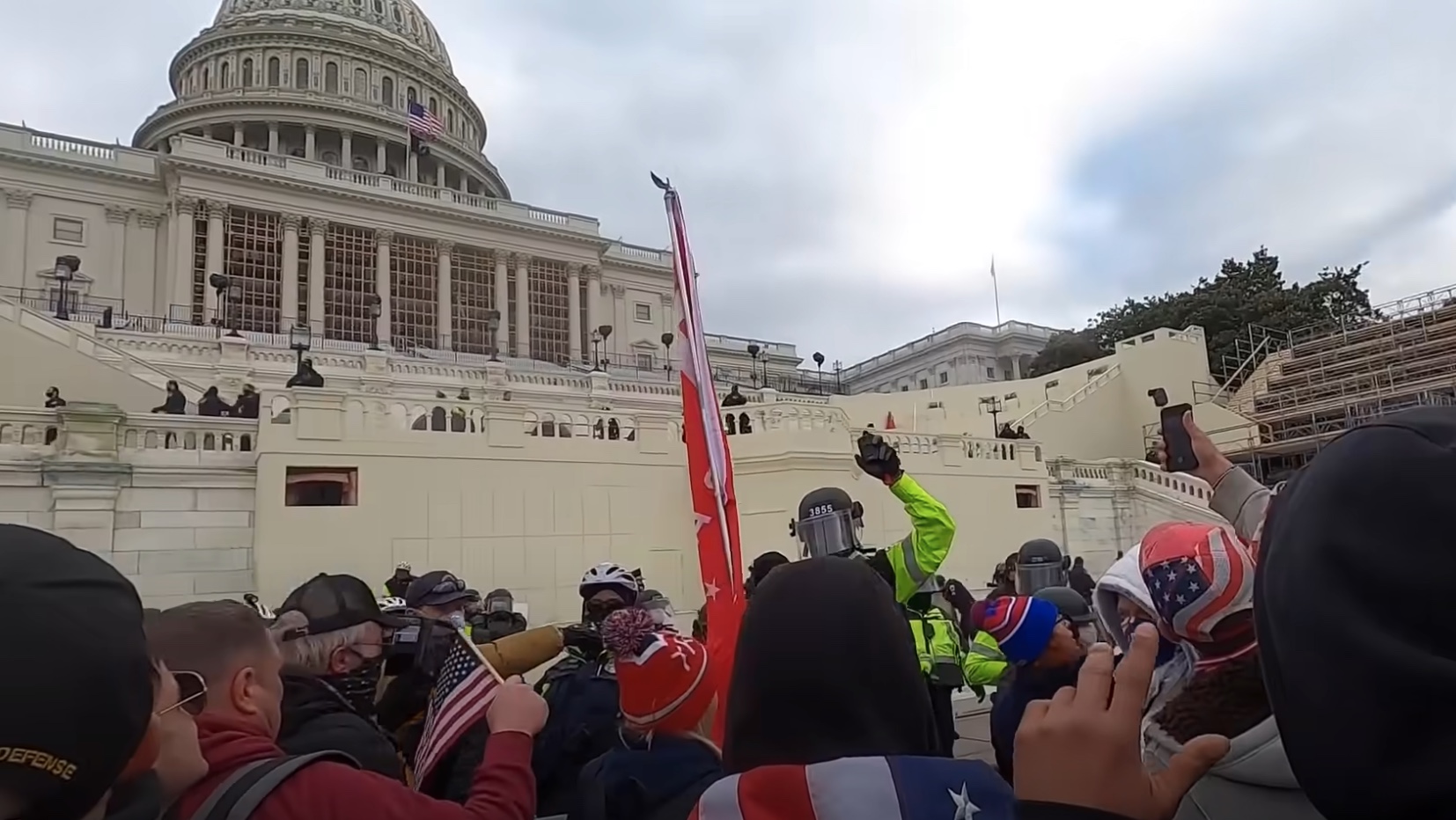
via Youtube
Judge Trevor McFadden, on Tuesday, decided that Kevin Seefried could be released from prison while awaiting the Supreme Court’s ruling.
Danger to the community
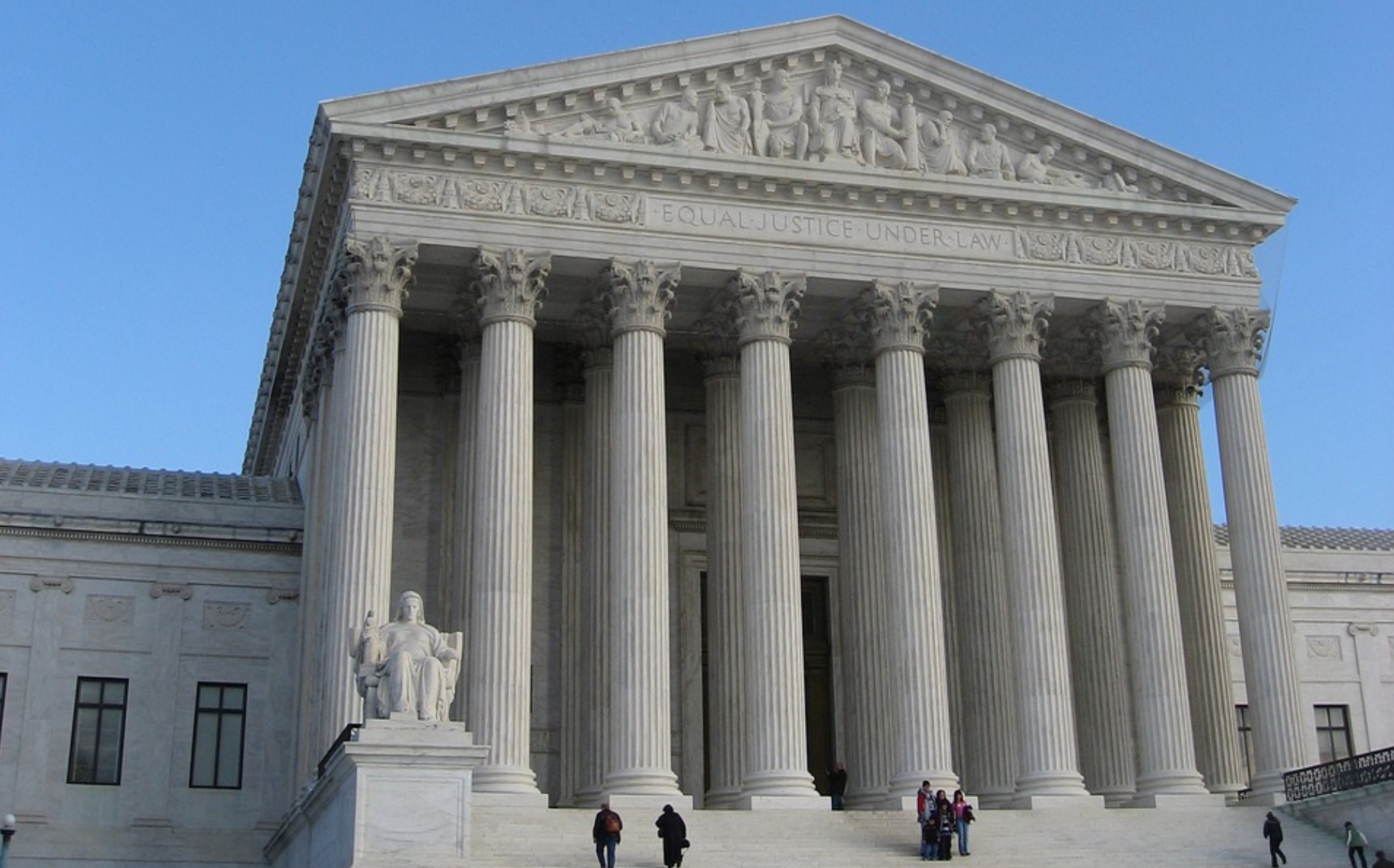
via Youtube
Court documents indicate that McFadden determined Seefried does not pose a flight risk or a danger to the community.
Result in a reversal
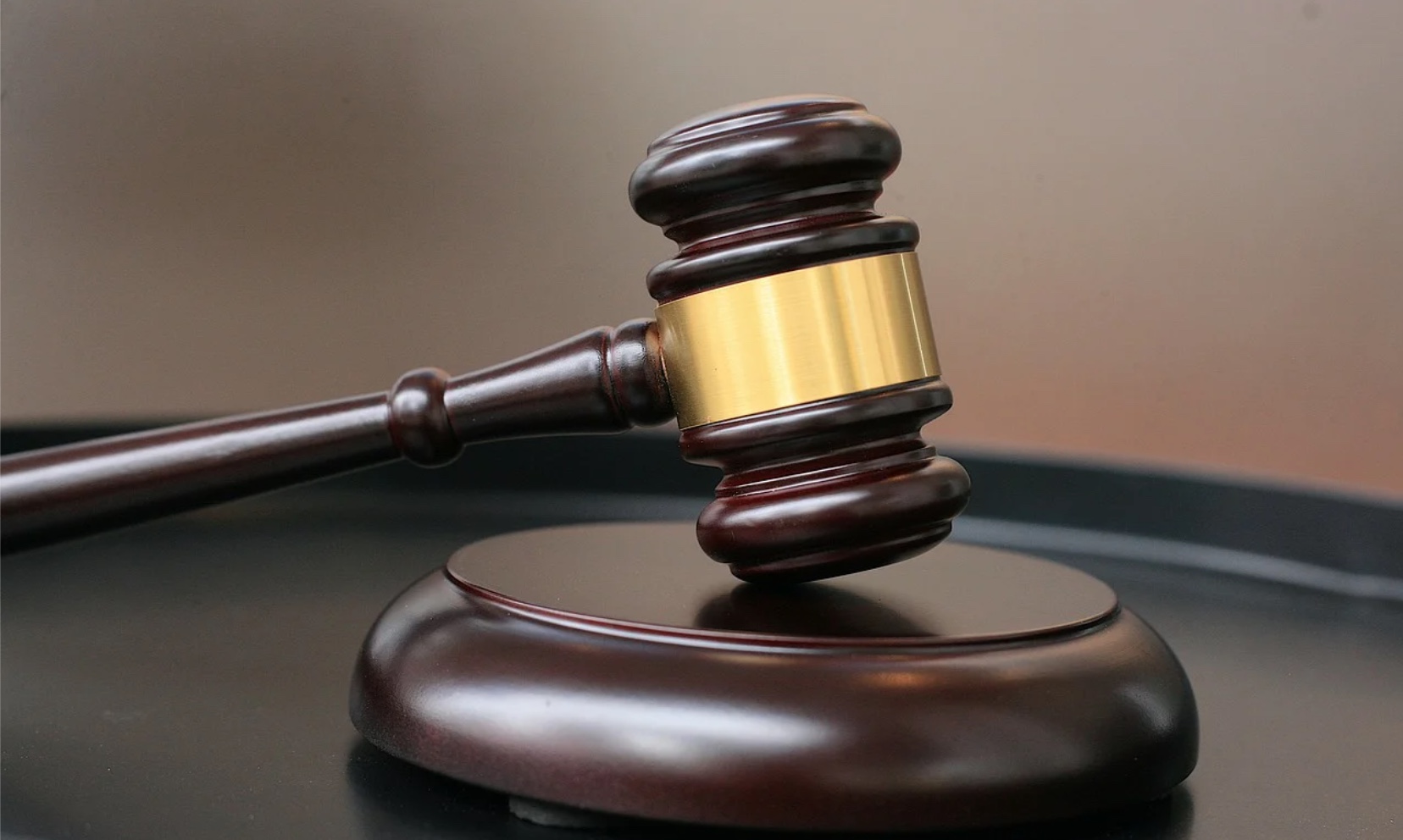
via pixabay
The appeal has raised significant questions that could result in a reversal, a new trial, a non-custodial sentence, or a custodial sentence that would have expired by the time the appeal process concludes.
Substantial concerns

via Youtube
The appeal was not deemed to be for the purpose of delaying the legal process and raises substantial concerns.
January 6th criminal trial

via Youtube
The January 6th criminal trial against Donald Trump, filed in U.S. District Judge Tanya Chutkan’s court, has been put on hold pending the Supreme Court’s decision.
Trump’s team
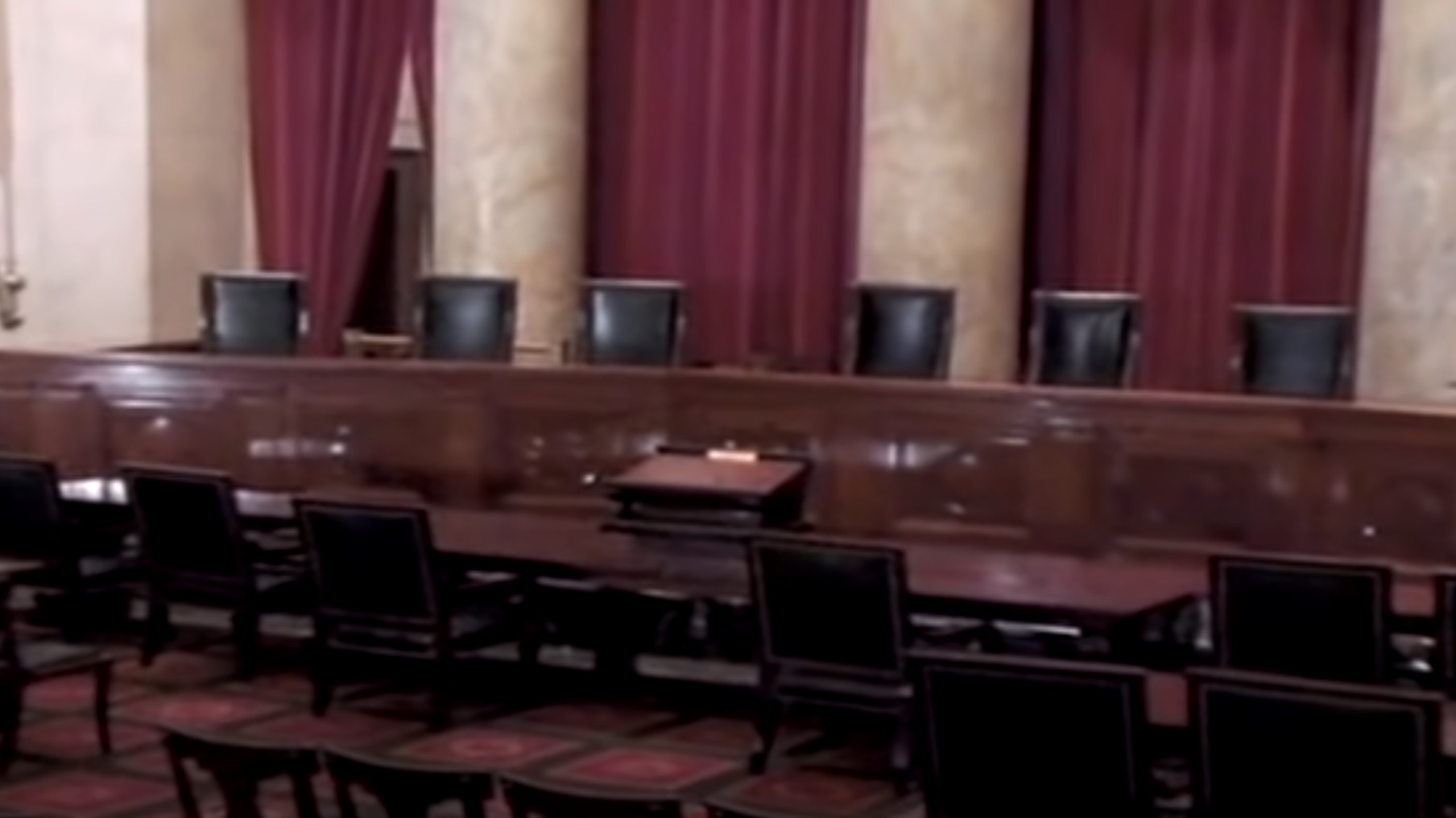
via Youtube
Trump’s team argued in court documents that “if the prosecution of a President is upheld, such prosecutions will recur and become increasingly common, ushering in destructive cycles of recrimination.”
Severe penalties

via pixabay
“Criminal prosecution, with its greater stigma and more severe penalties, imposes a far greater ‘personal vulnerability’ on the President than any civil penalty,” the request continues, according to Fox News. “The threat of future criminal prosecution by a politically opposed Administration will overshadow every future President’s official acts — especially the most politically controversial decisions.”




























